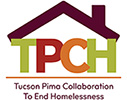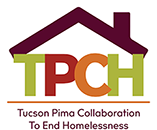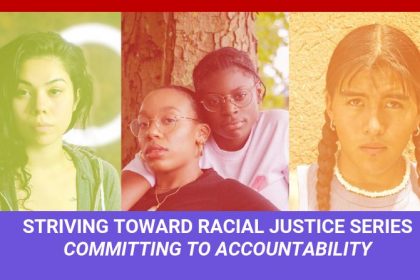
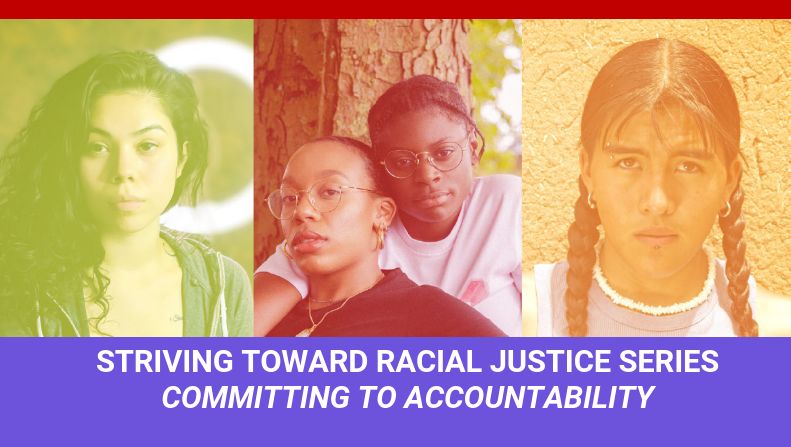
| TPCH released Striving Toward Racial Justice: A Call-to-Action for Pima County Community-Based Organizations, in partnership with the University of Arizona Southwest Institute for Research on Women in November 2021. As we begin 2022, we are calling on community organizations and our housing partners to deepen our shared resolve to advancing racial equity. This email series provides a summary of key concepts and strategies discussed in the Call to Action and i packed with useful resources and tools to help community organizations as they strive toward racial justice. In this issue, we introduce the sixth of 7 key actions defined in the Call to Action: Building Racial Justice and Minimizing Harm. This issue focuses on committing to accountability through regular data collection and ongoing evaluation. This issue keeps us focused on achieving results that match our intentions of advancing racial justice. Don’t miss our next issue in which we introduce Action 7 – Embracing the Journey and Continuing the Work. Can’t wait? Click here to download the full Call to Action now. Action 6: Commit to Accountability To successfully implement a strategic plan within a designated time frame, a racial equity lens must be applied at every step of the decision-making process, stakeholders and funders must remain engaged, and input from all stakeholders must be weighed equitably. Collecting data on outcomes is necessary to maintain focus and highlight any roadblocks. Data collection will also highlight when strategies need to be revised. There are various ways to collect data on outcomes, including surveys, focus groups, interviews, observations, and number tracking. Pay specific attention to cultural aspects that could impact the data. For instance, whether or not the interviewer or moderator is of the same racial background as the clients may depend on the issue and the community that is being addressed. Both qualitative and quantitative data are equally important in producing a clear and concise understanding about the impact of the plan. Make sure that you craft messages to target specific audiences. See the Talking about Race Toolkit available from the Center for Social Inclusion as an example of how to craft targeted messages. |
Watch “Achieving Equity with Results-Based Accountability” with Clear Impact, Center for Social Inclusion, and Government Alliance on Race Equity.
Recommended Strategies
Evaluate progress on a regular schedule.
If targets are no longer relevant, re-set targeted outcomes.
Share your progress and your challenges both internally and with external stakeholders.
Monitor the ongoing work of the group and ensure:
The team is meeting regularly and that the work does not become stagnant.
The staff who are working on the project are racially and linguistically diverse.
You are actively engaging the community.
Each action item is given the same attention and investment.
Additional resources are provided, as needed during implementation.
The team charged has the full support of leadership.
Progress and barriers are being documented.
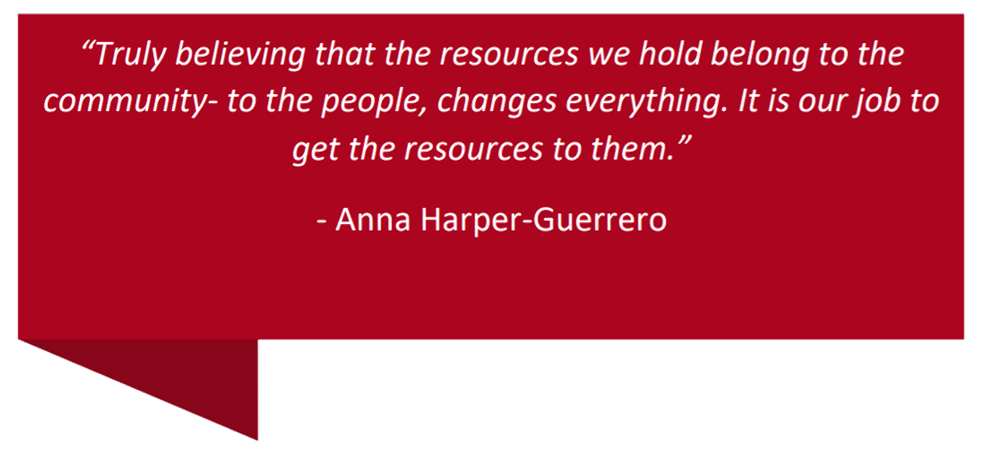
Resources for Building Racial Justice Accountability
Building a Culture of Accountability
Piper Anderson
Calling In: A Quick Guide on When and How
Sian Ferguson, Everyday Feminism
CHAAD: Chicago Hospitality Accountable Actions Database
Raeghn Draper and Leah Ball
Data-Driven Decision Making for Not-for-Profit Organizations
Amy West, The CPA Journal
Developing and Staying Accountable to Racial Equity Goals
Robert K. Ross and Amy Chung
How Can the Effects or Impacts of our Strategies be Measured?
Racial Equity Tools
Racial Equity: Getting to Results
Erika Bernabei, Racial Equity Alliance
We Need to Make Proactive Accountability Regular Praxis in Organizing and Beyond
The Black Youth Project
Authors
It is with the upmost admiration, respect and appreciation that we thank the authors for their critical contribution to this call-to action. In addition to their daily tireless commitment and relentless dedication to achieving racial justice in our community, they lent their expertise and passion to the hopeful notion that local organizations are willing to better serve their clients and better support their staff. Each of you makes our community a more just place.
Claudia Powell
Casey Chimneystar Limón-Condit
Marisol Flores-Aguirre
Anna Harper-Guerrero
Mildred Manuel
Andrés Portela III
Claudio Rodriguez
